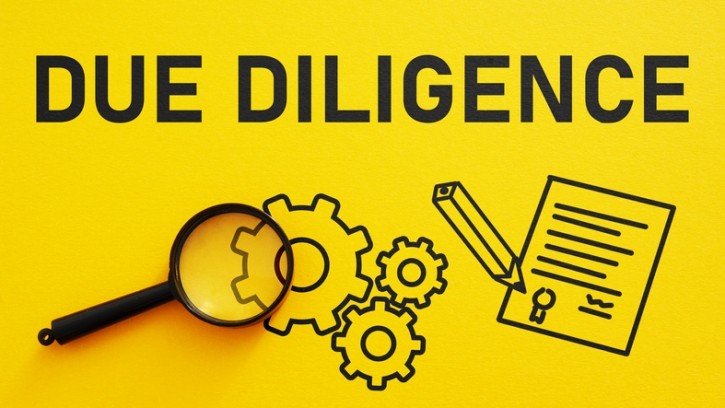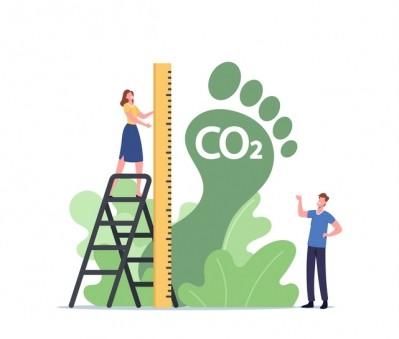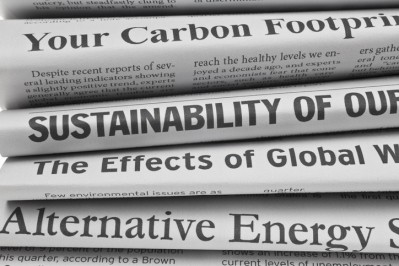New interactive tool designed to show country-specific supply chain regulations

It maintains that the data will inform global businesses looking to comply with environmental, social, and governance (ESG) standards worldwide and that it will help them to mitigate unknown risks emerging from this.
As new supply chain due diligence regulations – such as the EU's Corporate Social Responsibility Directive (CSRD) – continue to evolve, global businesses face the challenge of staying up to date with regional legislation and the implications for their operations, said the firm.
“Our responsible sourcing regulation map offers a clear view into the intricate web of supply chain due diligence regulations. It will serve as a vital tool for business leaders and senior management, enabling them to make informed operational decisions while remaining fully aware and compliant with diverse, fast-changing regulations across nations,” remarked Kevin Franklin, LRQA advisory MD.
Most companies are under-equipped to respond to the unpredictability of market volatility and global events that further impact the supply chain ESG risk landscape, claims the assurance provider.
Real-time updates
The tool, it continued, features real-time updates on active and upcoming legislation, providing a comprehensive breakdown of the most significant supply chain due diligence regulations impacting businesses worldwide; the map shows the due diligence landscape in at least 18 countries, highlighting nearly 30 regulations that are either in effect or proposed.
“These regulations are specifically related to supply chain due diligence and understanding and complying with these laws are crucial for sustainable growth and success. Interestingly, countries that have weaker due diligence laws such as the USA, China, India, Brazil, and Mexico have been found to be at a higher risk for supply chain violations.
“Without learning about these complexities, businesses can potentially and unknowingly put themselves at risk for a plethora of environmental and labor violations.”
LRQA’s online tool is currently hosted on the Elevate website, a company it acquired in April last year.
Deforestation checker
Earlier this month, we reported on another new tool, this one assesses deforestation and conversion of native vegetation at the farm level for soy production areas in the Cerrado, Brazil. It also includes Brazilian Forest Code related indicators and other compliance checks.
Developed by Brazil based green finance experts, BVRio, the tool covers over 92,000 farms (an area of over 61 million hectares) and with only a farm CAR Number, users can quickly and easily see if there are any deforestation indicators associated with farms in their supply chain.
BVRio director, Grace Blackham leads the project, which is funded by the Waterloo Foundation. “There is a wealth of publicly available and trusted data on land use change in Brazil, but there wasn’t an easy way to navigate it and trace soy production back to individual farms. Building on our experience in creating our Brazilian Timber Due Diligence system and driven by the increasing demand for agricultural commodity traceability due to regulation tightening, we created this new soy production map and tool.”














